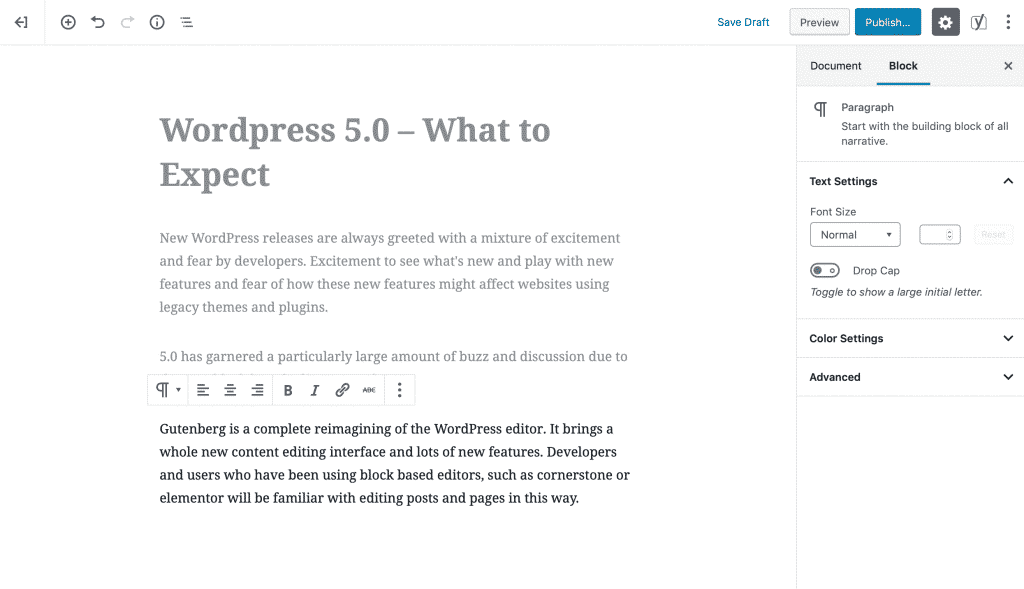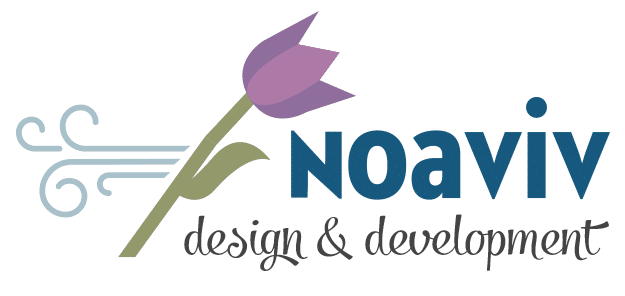New WordPress releases are always greeted with a mixture of excitement and fear by developers. Excitement to see what’s new and play with new features and fear of how these new features might affect websites using legacy themes and plugins.
Gutenberg
5.0 has garnered a particularly large amount of buzz and discussion due to the new block based editor, Gutenberg.
Gutenberg is a complete reimagining of the WordPress editor. It brings a whole new content editing interface and lots of new features. Developers and users who have been using block based editors, such as cornerstone or elementor will be familiar with editing posts and pages in this way.

What About X-Theme & Cornerstone?
If you are a client of mine your website was likely built using X-Theme and a popular block based builder called Cornerstone. Cornerstone and cornerstone based pages all work perfectly fine in WordPress 5.0 as far as I have been able to see so far.
You’ll find the “Edit with Cornerstone” button on the top left of Gutenberg.
Do we Still Need Cornerstone?
Yes! While, this new editor is a huge step forward it will not replace the current advanced block based editors or custom templates. These will continue to be great tools for pushing out advanced layouts quickly.
That being said, I have always advised my clients to not use Cornerstone for posts and only use it for pages. This has just always been a best practice with third party editors. It is easy to rebuild a few pages but rebuilding all of your blog posts would be a huge project!
Gutenberg allows users a native block based solution for posts. This will allow everyone more creativity and less limitations when posting to their blog.
I Don’t Like Change!
As I mentioned above, WordPress has made the classic editor available via a plugin. This might also be the way to go if you currently use a lot of plugins and shortcodes in your posts as you wait for developers to release Gutenberg-friendly versions.
The Bottom Line
For techies, design types and devs. Gutenberg will allow a native solution to have more control over the look and layout of your blog posts, but you may still want to hold on to that advanced editor or your sales, landing and other static pages.
For writers. Gutenberg might look a little intimidating at first glance but the blocks are flexible and easy to edit. It’s easy to get out of the gate quick with simple posts and learning how to use it will enable you to publish your posts as you envision them without having to send them over to your web person to post.
As for me, I’ve enjoyed experimenting with it so far and look forward to becoming more familiar with it.

